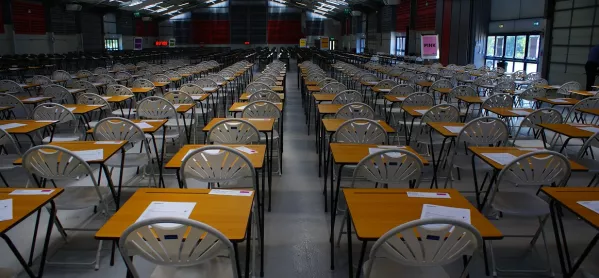Colleges have asked for a review of the current GCSE resit policy as new statistics highlight the small proportion of students who progress under that policy.
New statistics published by the Department for Education today show that the progression rate between 16 and 19 - in other words the proportion of young people who failed to achieve a Level 2 qualification (GCSE or equivalent) in English and maths at age 16, but then go on to achieve both by age 19 - rose by only 1.5 per cent in a year, from 24.3 per cent to 25.8 per cent between 2016 and 2017.
This means that three-quarters of the young people who had not passed their Level 2 by 16 did not do so by 19, either. The current funding condition for colleges states that those students who failed to achieve a “good” pass in GCSE English and maths are obliged to resit the qualification at college. The policy has led to a significant increase in the resit cohort in both subjects and has been subject to much criticism from sector leaders.
Despite best efforts
Catherine Sezen, senior policy manager at the Association of Colleges, said the low attainment rate revealed in today’s statistics existed “despite the very best efforts of college teams up and down the country working hard to ensure students achieve”.
“Colleges support the intention of the condition of funding,” she added. “It is important that students have the opportunity to continue improving the core skills of English and maths post-16.”
However, she said: “We are asking for a review of the policy and an increase in funding to support improving English and maths skills rather than focusing on an assessment hurdle which for many students means that they continue to experience failure year after year. “
Raising standards
Skills Minister Anne Milton said: “We needed to raise the standard of some of the Level 2 and 3 qualifications. We know that students from disadvantaged backgrounds are likely to make up a disproportionate number of those guided into lower value courses. That’s why we are encouraging schools and colleges to teach qualifications that meet our rigorous new standards. We have also improved the quality of apprenticeships and radically overhauling technical education by introducing new T levels.”




